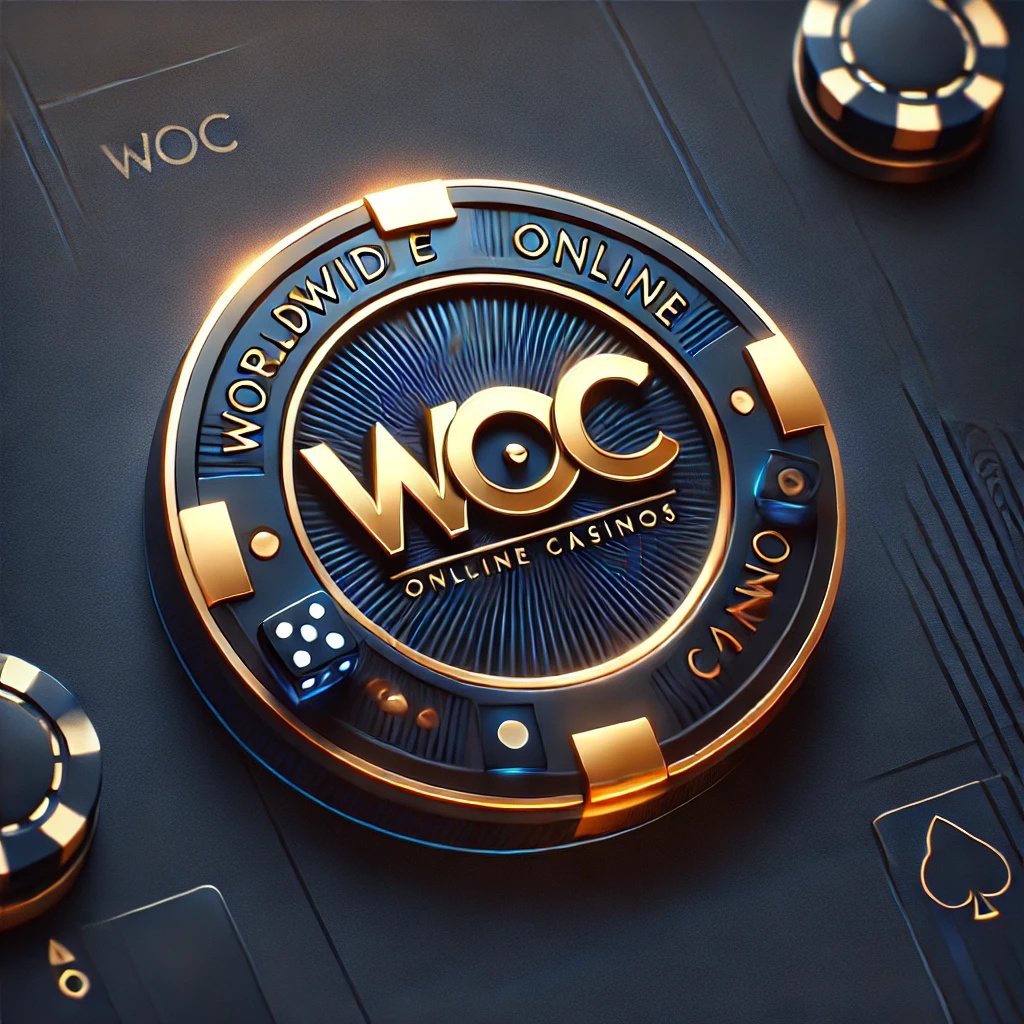Gambling can be an exciting form of entertainment, but when it starts to interfere with your daily life, relationships, or finances, it may signal a problem. Recognizing the signs early is crucial for addressing gambling-related issues and taking steps toward recovery. This guide will help you identify warning signs and provide resources for support.
Common Signs of Problem Gambling
If you’re unsure whether gambling is affecting your life, consider the following warning signs:
1. Financial Difficulties
- Spending more money on gambling than you can afford.
- Borrowing money or selling possessions to fund gambling.
- Struggling to pay bills or manage daily expenses due to gambling losses.
2. Emotional Distress
- Feeling anxious, depressed, or irritable when not gambling.
- Using gambling as a way to escape stress or negative emotions.
- Experiencing guilt or shame after gambling.
3. Neglecting Responsibilities
- Missing work, school, or family obligations to gamble.
- Neglecting important relationships or social activities.
- Spending excessive time thinking about gambling or planning your next session.
4. Chasing Losses
- Continuously gambling to recover money lost in previous sessions.
- Increasing bet sizes in an attempt to win back losses.
5. Loss of Control
- Finding it difficult to stop or cut back on gambling despite repeated attempts.
- Gambling longer than intended or with more money than planned.
6. Secretive Behavior
- Hiding gambling activities from family or friends.
- Lying about the amount of time or money spent gambling.
- Avoiding conversations about gambling habits.
Questions to Ask Yourself
Reflecting honestly on your gambling habits can help you determine whether it’s becoming problematic:
- Do you often gamble with money meant for essential expenses?
- Have you tried and failed to stop gambling?
- Does gambling cause conflict with family or friends?
- Do you feel anxious, guilty, or stressed about your gambling?
- Have you ever considered seeking help for your gambling habits?
If you answered “yes” to any of these questions, it may be time to take action.
Steps to Take If Gambling Is a Problem
Recognizing that gambling is affecting your life is the first step toward regaining control. Here are some actionable steps:
1. Set Limits
- Establish strict time and financial limits for gambling.
- Use tools provided by online casinos, such as self-exclusion or deposit limits.
2. Seek Support
- Talk to trusted family members or friends about your gambling.
- Join support groups like Gamblers Anonymous (GA) for peer guidance.
3. Access Professional Help
- Reach out to therapists or counselors specializing in gambling addiction.
- Explore online resources and helplines for confidential assistance.
4. Replace Gambling with Other Activities
- Find new hobbies or interests to fill the time previously spent gambling.
- Engage in physical activities, creative pursuits, or social events.
5. Monitor Triggers
- Identify emotional or situational triggers that lead to gambling.
- Develop healthier coping mechanisms for stress or boredom.
Resources for Help
There are numerous organizations dedicated to helping individuals affected by gambling:
- National Problem Gambling Helpline: Provides confidential support 24/7.
- Gamblers Anonymous (GA): Offers a network of support groups worldwide.
- BeGambleAware: Offers advice and resources for gambling-related issues.
- Apps and Tools: Use programs like Gamban or BetBlocker to restrict access to gambling sites.
Final Thoughts
Gambling should be a source of enjoyment, not stress or hardship. Recognizing the signs of problem gambling is a courageous step toward reclaiming control and improving your well-being. Whether it’s through self-awareness, support from loved ones, or professional help, remember that recovery is possible, and you don’t have to face it alone.
Disclaimer: This guide is for informational purposes only. If you or someone you know is struggling with gambling, seek professional help immediately.


Gambling is often seen as an enjoyable pastime, but this post highlights an essential truth: when it starts to disrupt your life, relationships, or finances, it’s time to take a closer look. Recognizing the signs of problem gambling is not only important—it’s empowering. The detailed breakdown of warning signs, such as financial difficulties, emotional distress, and neglecting responsibilities, provides readers with practical insights to evaluate their situation. Asking yourself the reflective questions mentioned in the article is a powerful way to confront the reality of your habits and their impact on your life.
The suggested steps for regaining control are actionable and supportive, offering both immediate strategies, like setting limits, and long-term solutions, such as seeking professional help. The emphasis on finding alternative activities and monitoring triggers underscores the importance of replacing unhealthy patterns with positive behaviors.
Most importantly, the inclusion of resources like helplines and support groups reassures readers that help is available. This post is an important reminder that acknowledging the problem is the first step toward recovery, and no one has to face it alone. It’s a compassionate and practical guide for anyone struggling with gambling issues.